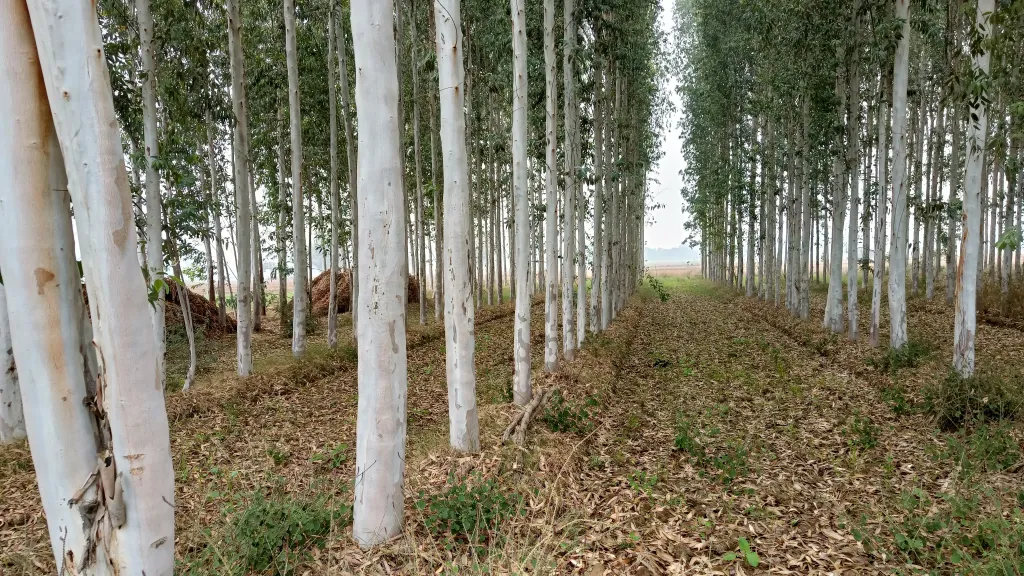Context:
Recently, the Kerala government’s decision to allow the Kerala Forest Development Corporation (KFDC) to plant eucalyptus trees for financial sustenance has sparked controversy.
The story so far:
- The controversy is due to potential environmental concerns related to eucalyptus being an exotic and invasive species.
- Subsequently, the head of the Forest Force submitted a report to the State Forest Minister saying it hadn’t permitted the planting of eucalyptus trees inside forests.
- On May 20, the government amended its order to limit permission to only cut exotic tree species from lands under the control of the KFDC.
What was the issue with the order?
The Kerala government published an eco-restoration policy (2021) to address the spread of invasive species.
- The policy specifically highlighted the negative impact of invasive species on ecosystems such as the depletion of natural forests and increased human-wildlife conflicts.
- It emphasized the importance of replacing invasive species with indigenous flora to restore natural ecosystems and ensure food availability for wildlife.
- A study by the Kerala State Forest Protective Staff Organisation indicated that replacing exotic plants with native species could ensure food for wild elephants, particularly in Chinnakanal in Munnar, an area with significant eucalyptus presence.
Thus, the order seems to be in contradiction with the eco-restoration policy
Invasive Alien or Invasive Exotic
- Invasive exotic, species refer to non-native organisms that are introduced into an ecosystem where they are not naturally found.
- These species often have the ability to spread rapidly and outcompete native species, causing ecological imbalances and harm to the environment.
Related Environmental Issues:
- Environmental Impact: Eucalyptus trees are known to be high water consumers, potentially affecting local water tables and impacting surrounding ecosystems.
- Loss of Biodiversity: Eucalyptus plantations can create monoculture landscapes, reducing biodiversity and habitat for native flora and fauna.
- Increased Human-Animal Conflict: Eucalyptus plantations may not provide adequate food sources for wild animals, leading them to stray into human settlements in search of sustenance.
About KFDC and Its Plantations
- KFDC and Plantations: The Kerala Forest Development Corporation (KFDC) was established in 1975 as part of a forestry enterprise. It manages around 7,000 hectares of plantations
- These plantations have specific rotation ages, at the end of each cycle, plantations approved by the Union Ministry of Environment, Forests and Climate Change are felled.
- Clear-felled areas are replanted according to a management plan
Eco-Restoration and its Benefits:
Eco-restoration involves replacing invasive species like eucalyptus with native trees and plants.
- Promoting Biodiversity: Eco-restoration promotes biodiversity and creates a more natural ecosystem.
- Improved Water Management: Native vegetation is often better adapted to local rainfall patterns, reducing water stress and benefiting local water tables.
- Habitat Restoration: Eco-restoration restores habitats for native wildlife, reducing human-animal conflict.
Arguments for Eucalyptus Planting:
- Financial Sustainability: Eucalyptus offers faster growth and higher market value compared to some native trees, potentially improving the financial situation of the KFDC.
- Pulpwood Production: Eucalyptus is a valuable source of pulpwood for paper production.

